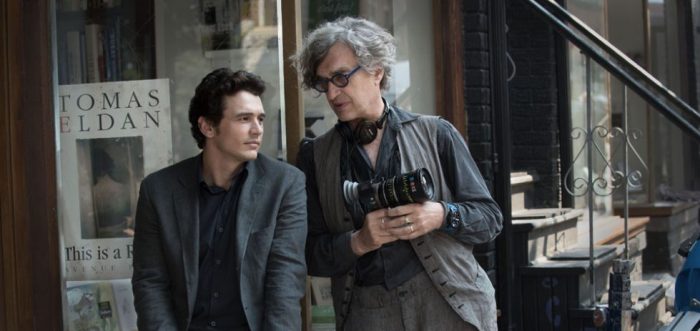The German Film Fest today announced an impressive lineup for 2016, featuring a rich serving of both new and classic German-language cinema.
Top of our picks for the festival is, unsurprisingly, Maren Ade’s miraculous Toni Erdmann, the film changing perceptions of German cinema since premiering to mass critical adulation in Cannes—the first German film to screen in competition there since Wim Wenders’ Palermo Shooting in 2008. It’s Germany’s submission for the Best Foreign Language Film Oscar, and comes to the festival after sold-out screenings at both SFF and MIFF. With a theatrical release still to be confirmed, this may be one of the last opportunities for Australian audiences to see it in cinemas.
An excerpt from our Highly Recommended review from the 2016 Sydney Film Festival:
Much of the humour and beauty of Toni Erdmann arises out of Ade’s painful yet sympathetic rendering of human desperation. Screenplay and performances aside, Ade achieves this by taking her time. She has a knack for letting scenes play out further than is comfortable, but never far enough that the film loses its grip.
Other films from female directors include Doris Dörrie’s Fukushima, Mon Amour, and Anne Zohra Berrached’s 24 Weeks, both of which premiered at the Berlinale earlier this year. Indeed, “it’s a particularly inspiring year for women, both behind and in front of the camera” notes Goethe-Institut Australia Director Sonja Griegoschewski.
New films from big-name directors include Every Thing Will Be Fine, Wim Wenders’ 3D curios starring James Franco, Goodbye Berlin from German film festival favourite Fatih Akin and Me and Kaminski from Good Bye, Lenin! director Wolfgang Becker, reuniting him with the now-probably-too-old-to-be-called-a-wunderkind German cinema wunderkind Daniel Brühl.
Closing the festival is a restoration of silent Weimar cinema classic Varieté (1925) starring Emil Jannings, following off the back of last year’s festival highlight screening of F.W Murnau’s 1926 screen adaptation of Faust.1
The retrospective offerings are strong across the board, with a selection of key films from German cinema history. Festival audiences can venture from the aforementioned Weimar era with Varieté, to the post-war Trümmerfilm with Wolfgang Staudte’s rarely discussed but incredibly significant The Murderers Are Among Us (1946), to the New German Cinema of the 1970s with Rainer Werner Fassbinder’s Ali: Fear Eats the Soul (1974), all the way to 1989 and the last days of the GDR with Coming Out, the only East German film to discuss homosexuality.
The 15th German Film Fest runs from 15-30 November 2016. For the full program, head to the festival’s website.
